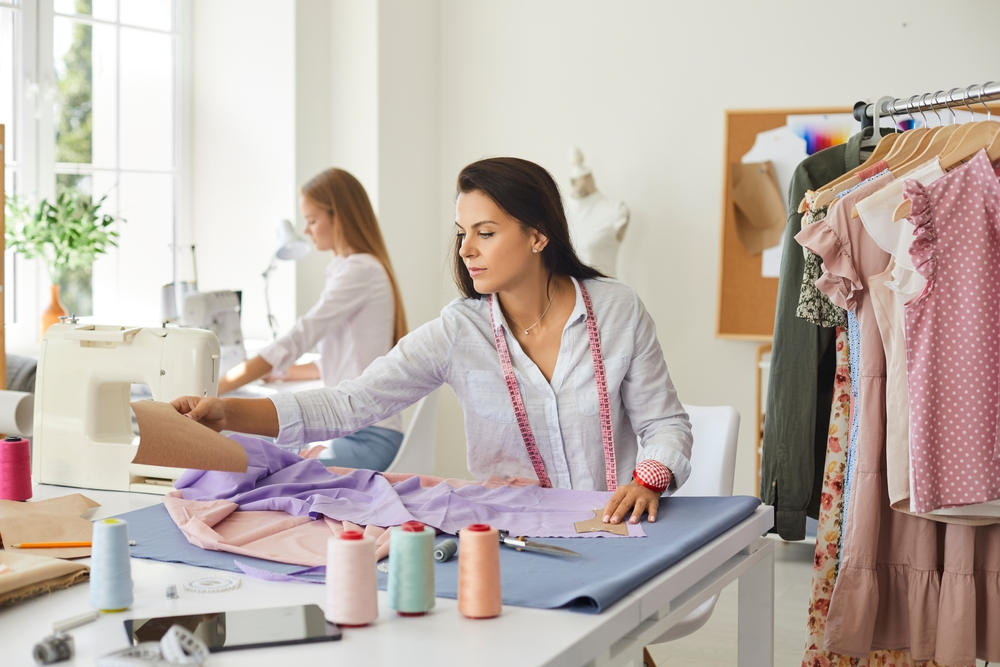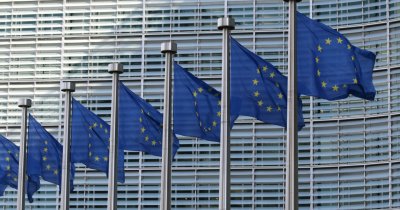World Economic Forum reports that most of the sustainability problems happen away from the shelves, in deforested areas and poorly-managed smallholder farms that produce materials required for the production of fashion items.
However, legislators and customers started to pay more attention and demand information on where certain materials come from or how much recycling content a product includes. Similarly, the fast-food industry faces questions regarding the source of their beef, while tech companies are being asked about where they take their minerals from.
We recently wrote about the sustainability issues in the fashion industry after a chat with Diana Enăchescu, cofounder at Vintello (currently Tressori Space), and Diana Ceresmis, cofounder of Uphave, a marketplace for vintage and second-hand clothing items. They told us about what companies can do to have a more positive impact on the planet and also, what customers can do to support sustainable industry members.
Still, experts at World Economic Forum believe that traceability could be one of the tools that can change the future of fashion. It can provide lawmakers and customers with a source of insightful information about which products are sustainable and where companies source their material from.
Implementing traceability in fashion can help customers make more informed decisions, as well as help legislators develop better laws and determine companies adopt more planet-friendly production methods. At the same time, companies can also benefit from this, shifting from a non-ethical supply chain to suppliers that can provide quality material that has been obtained in a sustainable way.
For mass-producers, this might not be as easy, since they purchase a lot of material to meet demand and in the case of cotton, for example, it can pass through 10 or more markets before reaching the manufacturer, making it difficult in the end for the sustainability mission.
In 2021, the global cotton market was evaluated at 61.7 billion USD, meaning that there is a lot of potential in developing more sustainable practices, both for companies and cotton farmers.
Better Cotton is one of the companies that aims to do just that, having collaborated in the past three years with stakeholders from around the world to develop a fairer global cotton trade.
Using technology and security checks at trade and production points, the company can allow big players in the industry source quality and green certified raw materials. And as technology progresses, even clearer visibility for the production of cotton will be possible in the future.
 Mihai - Cristian Ioniță
Mihai - Cristian Ioniță












Any thoughts?